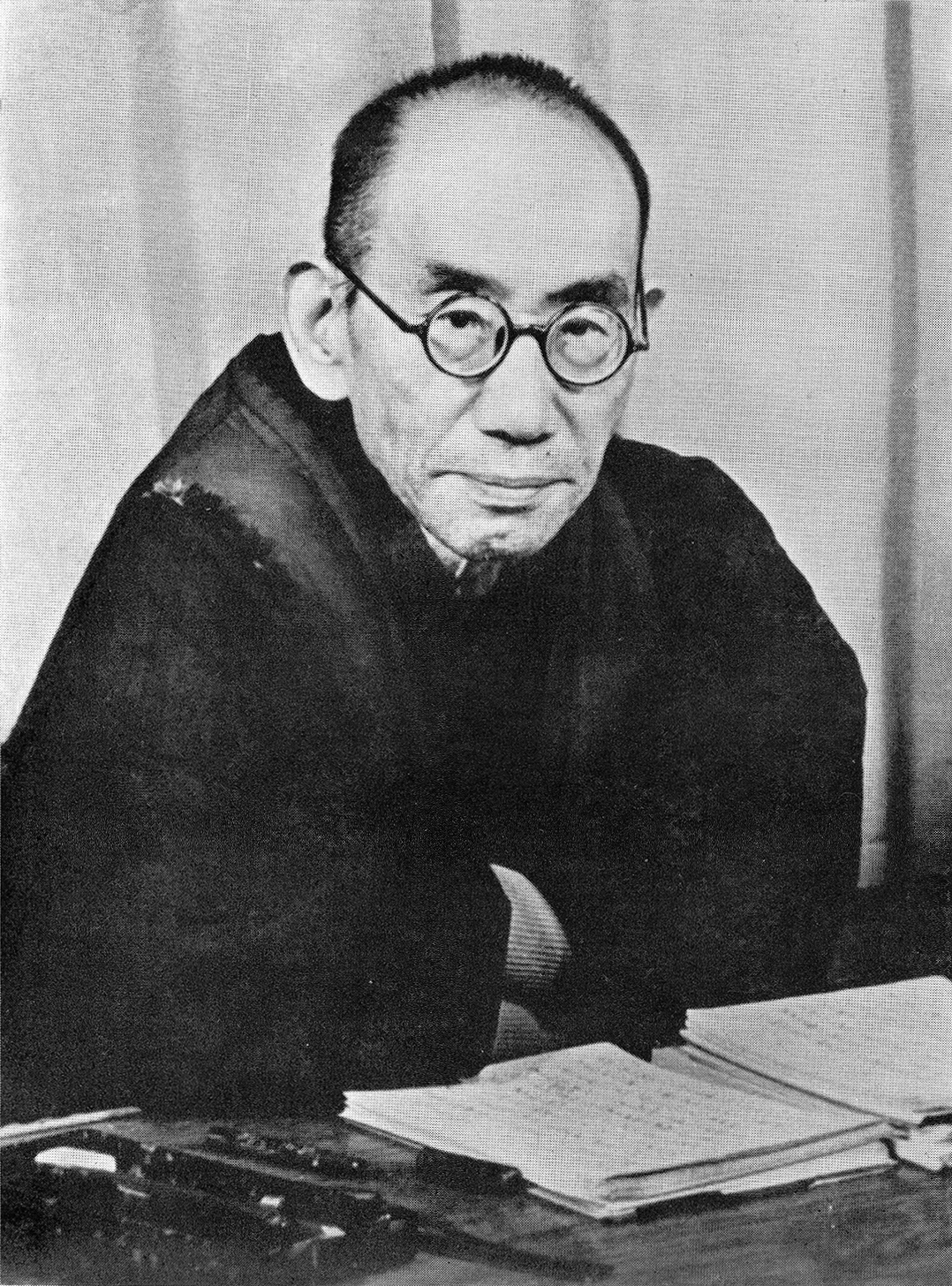Introducing Samsara Study Groups
Last year I worked on optimizing my process for output, but this year I want to focus more on inputs. That's why I've decided to launch Samsara Study Groups.

Do you ever have the sense that you aren't reading enough?
(He says surrounded by bookshelves of books waiting to be read...)
The idea of reading enough is a treadmill perfectly calibrated for despair, but you could at least be reading more, right? I know I certainly could be, and I've been cooking up a scheme to improve that in this coming year.
Last year I worked on optimizing my process for output by writing every single morning, posting a piece every week, and working on two books for publication. This personal regime forced me to hit publish on actual work so I could build momentum, figure out what I wanted to say, and "Find the Others."
However, this year I want to focus more on the inputs – reading more, seeking constructive feedback, and being more strategic in what I write about.
That's why I've decided to launch Samsara Study Groups.
Samsara Study Groups is an experiment with two main components – (1) reading groups and (2) feedback circles. We'll see how the reality of the thing compares to the idea, but these two activities are what I want to focus on initially as a group.
Would you be interested in joining us to grow as a thinker and practitioner? I've created a free community to coordinate the study groups. It's low pressure, and you can always leave if you feel it's not the right thing for your practice.
1 - Reading groups
Reading groups are a good way to force myself to read more, to go deeper with what I read, and be more intentional about the texts I engage with. It also brings the element of dialogue and community into the research process, which I've found personally more stimulating than just grinding on my own.
I don't envision these reading groups to be classes in the sense where there are teachers and students– these are texts I'll be reading for the first time as well, and my primary desire is to read them alongside and in dialogue with other people.
The Kyoto School (Nishida, Tanabe, Nishitani)

For the first Samsara Study Group, I want to do a deeper dive on the Kyoto School, a group of loosely affiliated Japanese philosophers in the 20th century. I've published about the Kyoto School in the past (Nishitani specifically), but there is so much depth still waiting to be plumbed, especially in Nishida Kitaro's work. I feel that after taking some time away from their thought, I am now returning with different questions that can illuminate their writing in new ways.
Nishida Kitaro was the most prolific of the group, and served as the teacher to both Tanabe Hajime and Nishitani Keiji, who form the core of the Kyoto School. There are various other thinkers who are sometimes included under this label, and we can decide whether we want to dip our toes into their work or not, but I would like to engage substantively with Nishida, Tanabe, and Nishitani at least.
These three were well read in the Western philosophical tradition, wrestling with thinkers like Kant, Bergson, Husserl, but were also devoted practitioners of Zen Buddhism. Thus, they brought Zen's sophisticated intellectual tradition with them, especially the Mahayana philosophy of nothingness (sūnyata). As such, engaging with their work provides an opportunity to encounter a different way of approaching life, and also exposes our own idiosyncrasies as Western thinkers.
If you're interested in engaging with Samsara Study Groups in any way or for any amount of time, you can join the free community and/or use the form on my Contact page to let me know that you want to be included.
I don't have firm dates or times yet but I'd like to aim for end of February or beginning of March to start. If you are interested, I will include you on an email to coordinate a planning meeting towards the end of January where those who have expressed interest will nail down the details.
2 - Constructive Feedback Circles
The other component of my practice which I sorely needed this year was a mechanism for regular constructive feedback. I often felt like I was writing, podcasting, or tweeting into the void, with occasional comments or impressions floating my way from random people.
I'm thankful for everyone who read my work and shared their thoughts with me last year, but I think that to improve as a writer and thinker I need to make that feedback loop tighter and more consistent.
I'm betting that other people have a similar pain point, so I'm hoping that Samsara Study Groups can help solve this for people by hosting regular feedback circles where we share our work and people come prepared to comment on other people's work, be it a rough draft, a published post, a video, a podcast, or even a poem.
Is this feedback circle mechanism something that you would be interested in for your own work? If so, you can either join the Samsara Study Groups community and/or use my Contact page to signal your interest.
My hope is that this nascent community can support your own inquiry and practice as you attempt to navigate the world into which we have been thrown. Ultimately, it will be relationships which carry us through this chaos. All that is human has fallen upon the chopping block, and we therefore must devote ourselves to the full practice of our humanity together.
